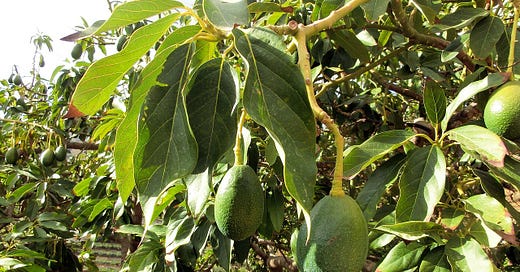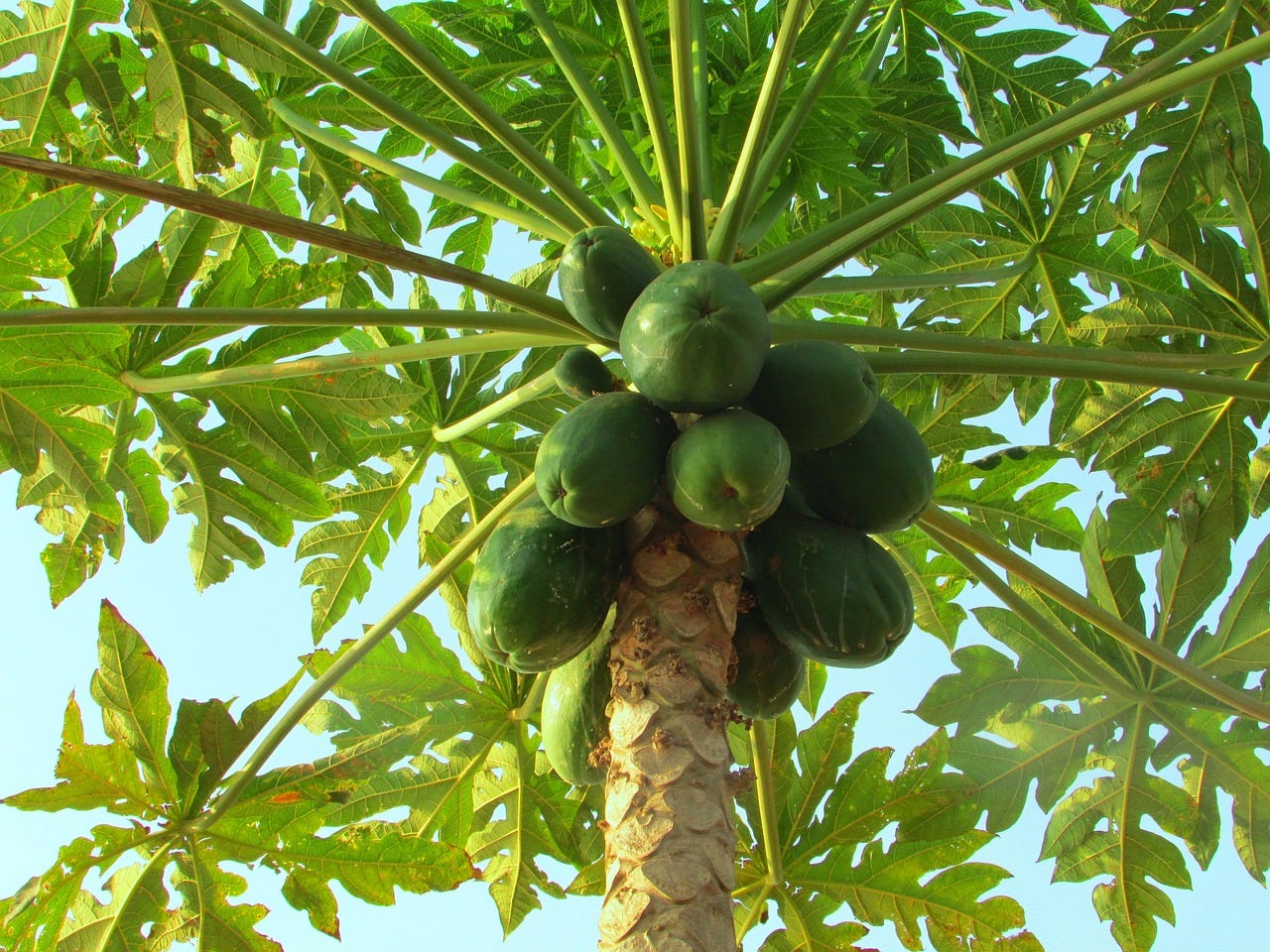Walking through milk and cabbages.
Farmers problems, agricultural impacts and some simple solutions
When the farmers in France get fed up they get busy spreading their discontent around with a big shovel. Crops, round-bales, slurry are amongst the things they use to protest, dropping them on roundabouts, in front of town halls and they even released rats and pigeons in a cinema. I’ve walked through potatoes, cabbages and waded through milk over the years. So what it is this time that they are so upset about?
Money
Perhaps the most important problem is farm revenues and farmer’s pay which, for many, is simply not enough to live on. This may seem surprising especially as the agricultural sector is highly subsidised by the government, in 2023 the total sum was 8.4 billion euros. The reasons for the low pay are complicated but basically production levels have stagnated. Over the last 2 years interest rates have increased by 72% putting huge pressure on farmers. Food prices went up too but, simply put, if the price of food goes up so will the price of all other goods. Agriculture in France and in Europe is highly mechanised, farm machinery is very expensive, a mini tractor will cost upwards of 15,000 euros, a medium sized one costs around 50,000 euros and a big one such as John Deere 7R350 are around 275,000 euros. A tractor like mine, a Massey Ferguson 50 costing 2000 euros is of little or no use to someone running a highly mechanised extensive farm.
Farmers also accuse supermarket chains of taking excessive profits and doing this by forcing farmers to lower prices. The other big upset for farmers is food imports from countries that can offer lower prices. They criticise trade deals as being unjust and want them stopped and for ‘French people to eat French food’.
Water
A big problem with climate change having more and more impact, underground reserves being over-pumped and farmers demanding the construction of huge water reserves filled with water pumped up form aquifers during the wet season.
Administration
The farmers are also really sick of the mounds of paperwork and administration they have to do simply to exist and even more to get the grants and funding that are available. They want this stopped and the paperwork to be reduced and simplified.
The various farmer unions are more or less agreed on the points above, after that it gets fractious and we have even seen members of one union beating up members of another.
European Green Deal
The Confederation paysanne is the only union that supports ecological measures to preserve soils, biodiversity and sustainable farming. The others vehemently oppose such initiatives and want no environmental constraints and access to glyphosphates and neonicotinoids. The EGD has already been delayed and watered down after pressure from these unions and allied ones across Europe.
The local shop is starting to run low on many goods as the roads and roundabouts have been blocked!
Agriculture, a quick recap
Agriculture activities are responsible for around 23% of all human induced greenhouse gas emissions.
Over 40% of the EU's water use is used for agriculture
Over 80% of agricultural and grassland soils in Europe are affected by severe or moderate soil erosion (more than 5 tonnes per hectare per year).
In Europe in 2021 the sector used 540.8 million tonnes of oil, 355,000 tonnes of pesticides and 11 million tonnes of nitrogen and phosphorous.
Solutions to the farmers problems?
Agroforestry reduces irrigation needs as crops are shaded,‘trees make rain’ and increase local rainfall. The trees provide secondary crops for the farmers and trees capture carbon which, at scale, can help mitigate climate change which is reducing rainfall and increasing irrigation needs.
No-till systems. These reduce diesel use, improve erosion control, enhance soil water storage and increase farm incomes. No-tillage also preserves the soil flora and fauna and especially fungal networks. This study shows how the fungus Rhizophagus irregularis helps Maize grow when the crop is stressed by heat or cold. No-tillage also reduces the amount of soil carbon lost when soil organic matter is exposed to the air.
Drip irrigation has been shown to reduce irrigation needs by 70%
Local direct production cuts out the supermarkets and producers sell directly to local buying groups. This increases farm incomes, reduces costs,food wastage, ‘below market quality’ (in other words unsuitable for the food industry but perfectly edible) fruit and vegetables can easily be sold into local markets and reduces the amount of paperwork to be done.
Move it north. Those crops which are becoming difficult to grow in southern areas need to move north and be replaced in the south by more drought resistant adapted crops. Switching from wheat to sorghum which uses 30% less water and crops even under high temperatures is an example. Others include switching to tropical fruits in the south such as papaya, avocados, mangoes, lychees and pistachios. Vineyards are being planted further and further north and olives and almonds will soon follow.
Social standing. We need food and farmers produce it, without food we would be in a very tricky situation. Farmers feel undervalued and that they have a low social status when compared to non-food producing workers such as those in banking and suchlike, this has to change.
The political insults, bullying and populist screaming that is going on is making matters worse and people are locking themselves into two camps, one side open to radical change and the other radically opposing it. This is simply ridiculous and putting a brake on moving forward with the restructuring that we badly need.
The farce where measures that could aid farmers meet today’s challenges are politicised into being left or right wing rallying cries has to stop. Accusing those who show that nature friendly farming is viable as being wokists hippies doesn’t help. The rural areas are becoming more right wing, conservative and increasingly opposed to rational policies that could transform the agricultural sector, improve farm income and preserve the environment. We do need to conserve certain things but the evidence is before our eyes that we must be more progressive and continue to radically change our agricultural systems.
In the end, if this doesn’t change it’s all going to go a bit Darwinian, climate change and climate shocks aren’t going to end any time soon, we’ve pumped far too much heat into the oceans for that. The farmers who will survive will be those who are willing to adapt their growing techniques and the crops they grow, the others will, kicking and screaming, eventually fade away.
We have the solutions, they have been tested and they work. It’s time to find the ‘third way’ that is neither leftwing nor rightwing. I would contend that the way has been shown all over the world by Permaculture engineers who have been at the forefront of rational agricultural transformation for decades.







